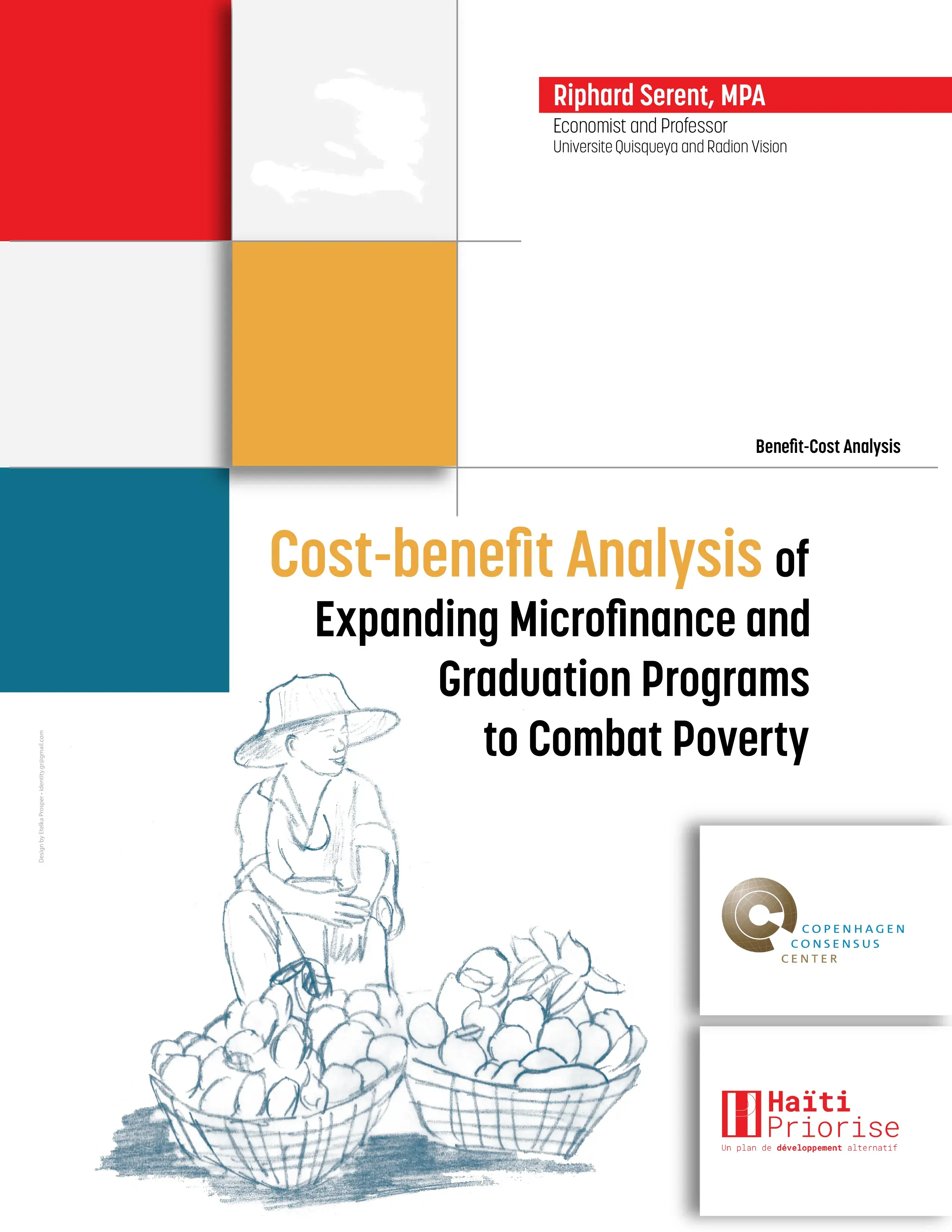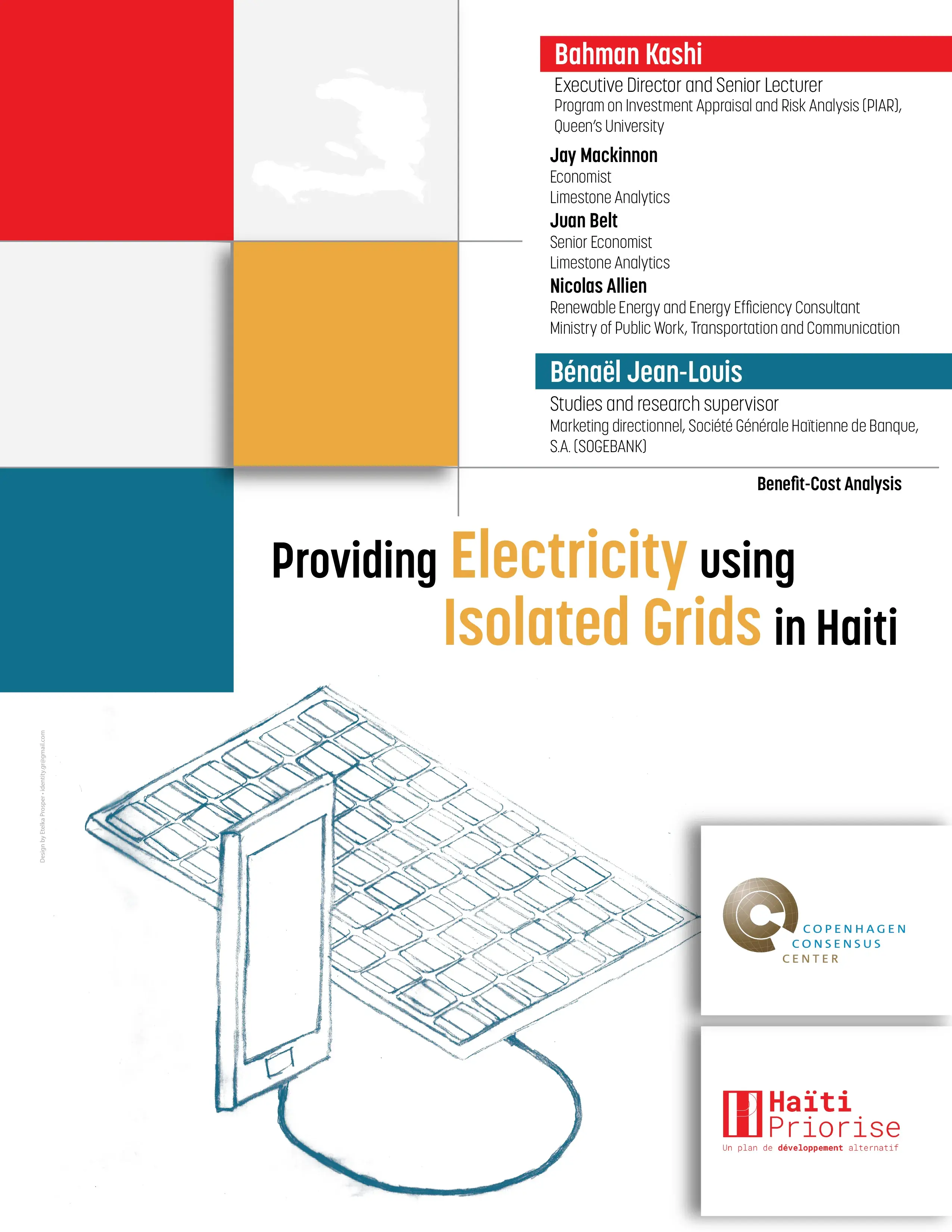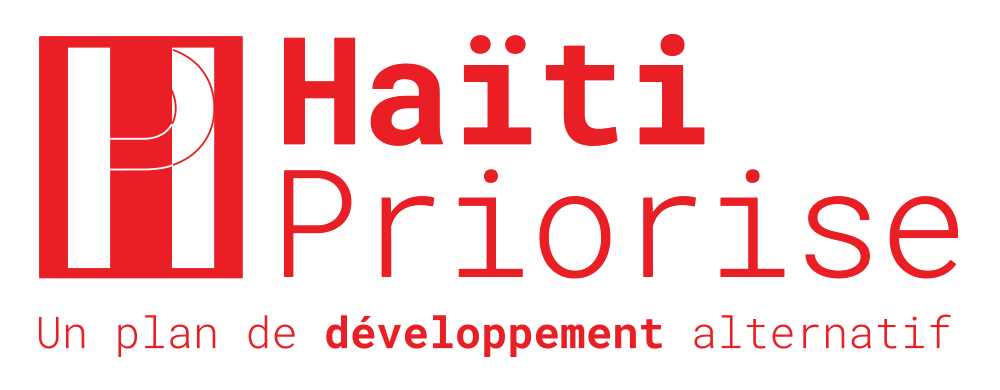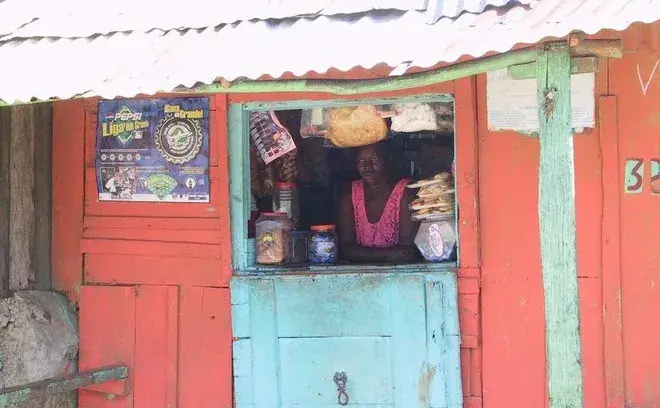Poverty
Rampant inflation, food insecurity and the exchange rate are affecting many. The reduction of poverty, which affects almost 60 percent of the population, is a central goal for Haiti.
The goal behind graduation programs and microfinance is the same: extending financial access to poor and excluded people at the lowest level of the economic ladder.
Graduation programs aim to ‘graduate’ extremely poor families out of poverty, and can include consumption support, asset transfers, access to savings, and intensive coaching over a specific time period.
Microfinance means making very small loans to borrowers who typically lack collateral, steady employment or a verifiable credit history.
Another approach to take is to focus on social protection - policies and programs designed to reduce poverty and vulnerability by promoting efficient labor markets, diminishing people's exposure to risks, and enhancing their capacity to manage economic and social risks, such as unemployment, exclusion, sickness, disability and old age.
Access to electricity is another top priority among unconnected households. This study compares different off-grid electricity technologies for providing unserved households with electricity.
Expanding Microfinance and Graduation Programs to Combat Povert
The reduction of poverty, which affects almost 60 percent of the population, is a central goal for Haiti. Research paper by Riphard Serent, lecturer of International Economic Relations at Quisqueya University and at Center for International and Diplomatic Studies, examines two possible opportunities to reduce poverty.

Providing Electricity using Isolated Grids in Haiti
Written by Bahman Kashi, Founder – economist and adjunct lecturer, Limestone Analytics and Queen’s University with co-authors Jay MacKinnon, Juan Belt; Nicolas Allien, take a comprehensive look at off-grid energy. The research is a study of providing new, smaller-scale grids that have their own distribution and generation to unserved households. Different technologies are studied, including solar panels and batteries, diesel generators, and pico-hydro generation.



